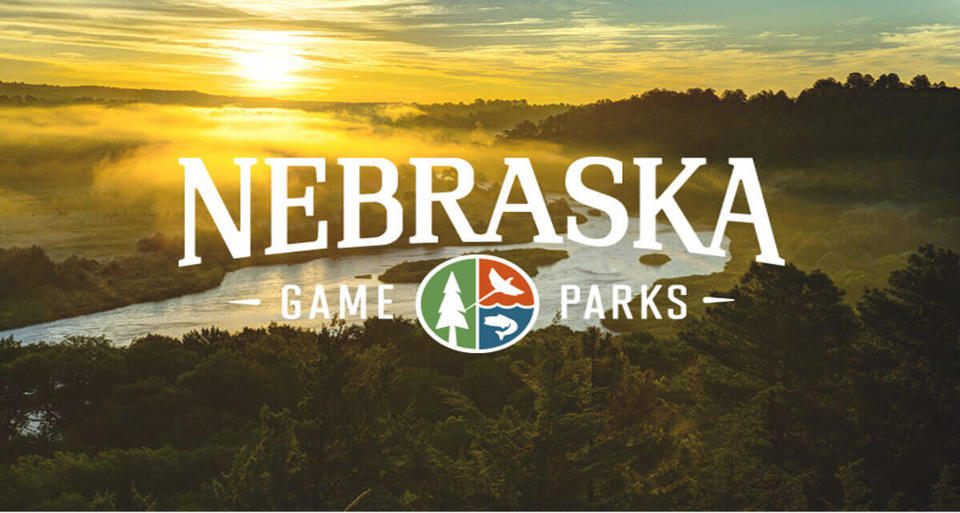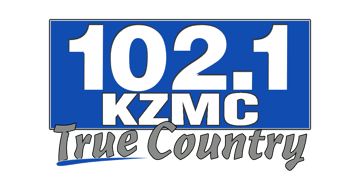Surveillance detects 31 positive CWD cases

Chronic wasting disease surveillance conducted in central and north-central Nebraska during the November firearm deer season detected 31 positive cases in deer.
603 samples were collected from harvested deer at check stations in the Sandhills, Keya Paha, Calamus East, Calamus West and Loup West Deer Management Units. CWD was detected for the first time in Rock, Blaine and Thomas counties.
CWD surveillance in Nebraska takes place in five to seven units each year, rotating to a different part of the state each year. To view the 2023 CWD results, identified by the deer seal number, visit OutdoorNebraska.gov; search for “CWD.”
Currently, there is no strong evidence CWD poses a risk for humans; however, public health officials recommend that human exposure to the CWD infectious agent be avoided as they continue to evaluate any potential health risk. People should remain cautious in how they handle, process and consume deer. Hunters and commercial processors should avoid butchering or processing of deer that spreads spinal cord or brain tissue to meat or to the environment.
CWD is a prion disease that attacks the brain of infected deer, elk and moose. Animals in the late stages of CWD often are emaciated, show erratic behavior and exhibit neurological irregularities. However, due to the slow advancement of the disease, infected deer may not show symptoms. CWD always is fatal to the infected animal.
Hunters can help prevent the spread of CWD by using proper carcass disposal methods. CWD prions, the infectious proteins that transmit the disease, can remain viable for months or even years in the soil. Hunters should field dress animals at the place of kill, avoid spreading spinal cord or brain tissue to meat, and to dispose of the head (brain), spinal column and other bones at a licensed landfill.
CWD was first discovered in Colorado in 1967 and in Nebraska in 2000 in Kimball County. Since 1997, the Nebraska Game and Parks Commission has tested more than 57,000 deer and more than 400 elk, with 1,269 deer and 19 elk testing positive for CWD to date. At this time, CWD has been detected in free-ranging deer and elk in 57 counties. No population declines have been attributed to the disease.
More in-depth information on CWD can be found at cwd-info.org or cdc.gov.
Catch these Game and Parks education events in January
Nebraska Game and Parks Commission educators have scheduled interesting and engaging events for the curious in January. Here are some opportunities:
James Family Conservatory and Nature Center grand opening Jan. 1
Take a sneak peek at the new James Family Conservatory and Nature Center at Eugene T. Mahoney State Park with its grand opening from 1 to 4 p.m. Jan. 1. Walk through the conservatory, see the working greenhouse and then explore activities in the nature center.
Starting Jan. 5, the facility will be open Fridays and Saturdays only from 9 a.m. to 4 p.m., except for Jan. 13 when it closes at noon.
Little Saplings program presents Squirrels on Jan. 3
Adults looking to explore the outdoors with their young children are invited to Little Saplings, a monthly early childhood nature discovery program at Schramm Education Center near Gretna.
The 2024 series, which occurs the first Wednesday of the month, begins Jan. 3 with the theme Squirrels at 9 and 10 a.m. It is designed for children ages 2-5 and their adult caregivers. The cost is $4 per child and $5 per adult.
See the calendar event entry at Calendar.OutdoorNebraska.gov for more information.
‘The Science of …’ virtual webinar series continues
Nebraska Game and Parks’ virtual webinar series “The Science of …” continues in January. Every Thursday at 3 p.m. Central time, Game and Parks educators will discuss the science behind common things regarding nature and animals.
The topics are: Jan. 11 – Corvids; Jan. 18 – Flying squirrels; Jan. 25 – Smell. Corvids are stout-billed perching birds, including crows, ravens, jays and magpies.
The webinars are free, but separate registration is required for each. See the calendar event entries at calendar.outdoornebraska.gov for registration links.
Contact monica.macoubrie@nebraska.gov for more information.
Wildcat Tales preschool program is Jan. 16
Wildcat Hills State Recreation Area will host the monthly Wildcat Tales preschool program Jan. 16.
The program Purrrfect Wildcats will meet at the Nature Center at 10 a.m. Mountain time. It will include a lesson plan, story and hands-on activity specifically targeted for children ages 2-6 years.
The program is free, but a vehicle park entry permit is required. For more information, contact the Nature Center at 308-436-3777. Children must be accompanied by an adult.
Wildcat Hills to host Purrrfect Wildcats homeschool program
Come learn about the wild cats that call the Wildcat Hills home during the homeschool program Purrrfect Wildcats on Jan. 18 at Wildcat Hills State Recreation Area.
The homeschool program meets once a month at 10 a.m. Mountain time at the Wildcat Hills Nature Center. Topics change each month.
The program is free, but a vehicle park entry permit is required. For more information contact the Nature Center at 308-436-3777. Children must be accompanied by an adult.
